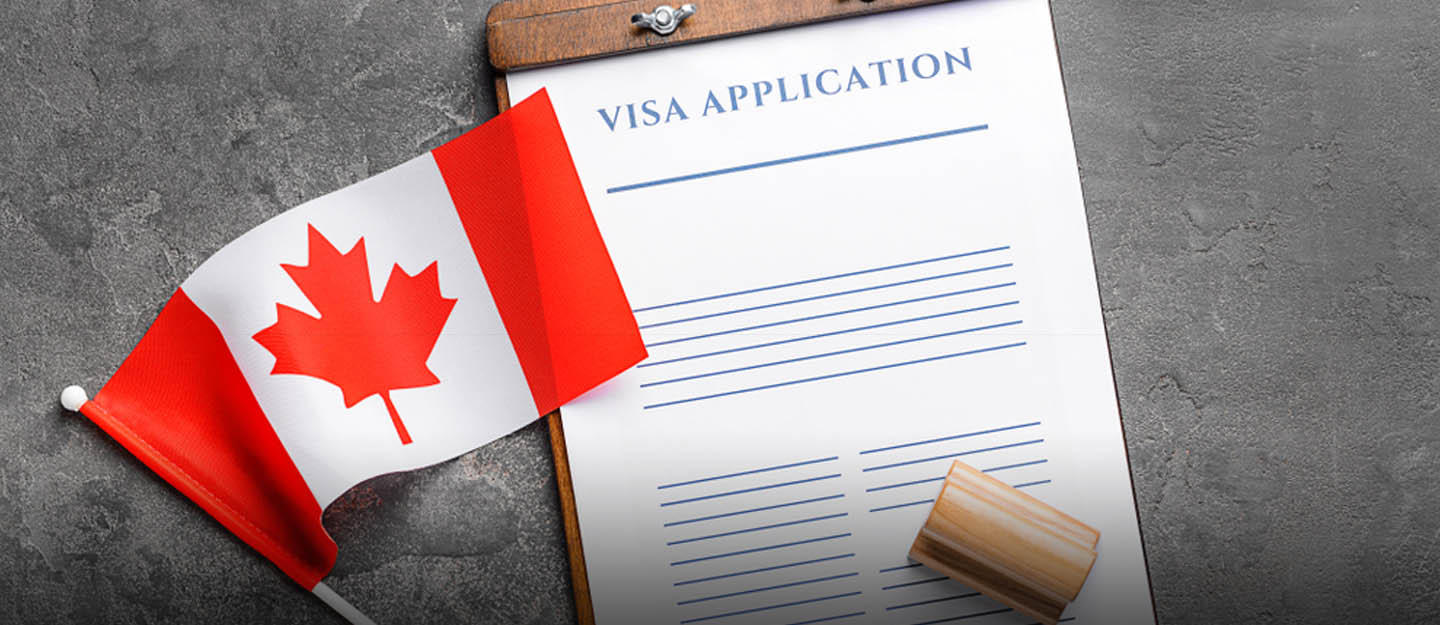Studying in Canada is a dream for many international students. Receiving a letter of acceptance from a Canadian school might feel like the hardest part is over, but obtaining a Canadian study permit can be more challenging than anticipated.
According to information from Immigration, Refugees and Citizenship Canada (IRCC), around 30% of study permit applications are refused. This means tens of thousands of prospective students, despite being accepted by Canadian schools, have their study permit applications denied.
What to do if your student visa is refused?
If your study permit application is refused by IRCC, you have two options:
-
Appeal the refusal
Challenge the decision by providing more evidence or clarifying the existing documents.
-
Submit a new application
Address the reasons for the initial refusal in a new application.
Also read How to Easily Get an Estonia Work Visa in 2024
To succeed with either approach, it’s crucial to understand why your application was rejected. The main reason is typically listed in the refusal letter. Additionally, you can request access to the visa officer’s notes to gain deeper insights into their concerns.
Common reasons for visa rejection and how to avoid them
-
Insufficient financial support
IRCC requires proof that you have enough funds to cover your trip to Canada, tuition fees, and living expenses for yourself and any accompanying family members. This is known as “show money.” Usually, six months of bank statements are required to demonstrate this.
How to address financial concerns?
-
Review your financial documents
Ensure the bank statements and financial documents clearly show you have enough funds.
-
Submit additional proof
If possible, provide more documents like fixed deposits, property valuations, or affidavits of support from sponsors.
-
Uncertainty about leaving Canada after studies
A study permit is a temporary visa, meaning it has an expiration date. You need to convince the visa officer that you will leave Canada once your study permit expires.
How to address intent concerns?
-
Strengthen your personal statement
Clearly explain your plans post-graduation, emphasizing your ties to your home country.
-
Discuss dual intent
Mention that while you intend to study in Canada temporarily, you are aware of the legal pathways for staying longer if you choose to pursue them.
Also read How to apply for Spain study visa in 2024: A step-by-step guide
-
Questionable choice of study program
Applications can be refused if the chosen program does not align with your previous education or work experience. For example, someone with a nursing degree applying for a hotel management program might raise questions.
How to address program choice concerns?
-
Explain your choice
Use your personal statement to articulate why you chose the program and how it fits into your career goals.
-
Refer to visa officer’s notes
If available, these notes can provide insights into specific concerns to address.
-
Doubts about letter of acceptance
Before applying for a study permit, you need a letter of acceptance from a Canadian educational institution. This institution must be registered, and you must meet all program requirements. Doubts about the authenticity of your letter or your meeting of requirements can lead to rejection.
How to address acceptance letter concerns?
-
Verify your documents
Make sure all school documents are clear and genuine.
Also read Australia’s new migration rules to stop “Visa Hopping” – what students need to know
-
Provide additional evidence
Submit supplementary documents if needed to prove you meet program requirements.
-
Issues with travel or identity documents
Incomplete travel history or unclear identity documents can also result in a refusal. IRCC needs to confirm that you are not medically or criminally inadmissible to Canada.
How to address travel/Identity document concerns?
-
Complete your travel history
Review the visa officer’s notes to identify any gaps in your travel history and provide supporting documents to fill these gaps.
-
Ensure clarity of identity documents
Make sure all identity documents are clear, legible, and complete.
By carefully reviewing and improving your application, you can make your dream of studying in Canada come true. If you face any problems, remember that you can either appeal the decision or reapply with more information. Stay informed, pay attention to details in your documents, and best of luck on your journey to studying in Canada!

